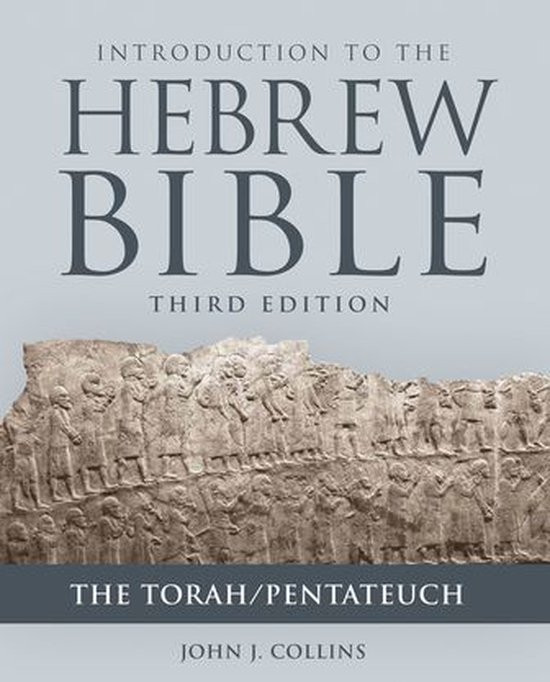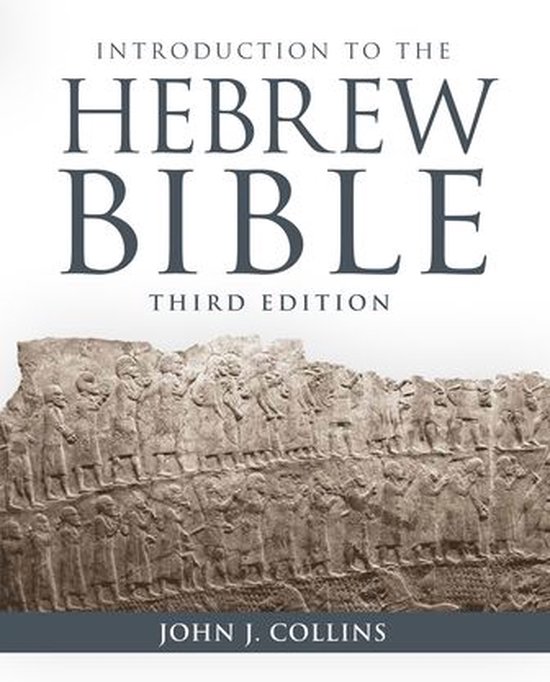
The Invention of Judaism
Provides an account of the role of the Torah in ancient Judaism, exploring key moments in its history, beginning with the formation of Deuteronomy and continuing through the Maccabean revolt and the rise of Jewish sectarianism and early Christianity.
“John J. Collins may well be the single most influential scholar of the Old Testament and Hebrew Bible alive. He is well known, his work much respected, and he possesses an encyclopedic mind like few others. Collins does here what he generally does best: He surveys an enormous amount of literature, both primary and secondary, summarizes it masterfully, and then forcefully articulates his own thesis.”—Matthias Henze, Isla Carroll and Perry E. Turner Professor of Hebrew Bible and Early Judaism, Rice University
“This book is the mature reflection of a master of the field on a central topic. The hallmark of Collins’s scholarship is his weighing of alternatives proposed by others, both radicals and conservatives, and then his invariable taking of the position best supported by the evidence, not leaning to either of these predetermined options. I wish to emphasize that this book is much more than a monograph on a particular topic given that this topic is so significant for the history of Jewry, its practice, and its thought.”—Daniel Boyarin, Taubman Professor of Talmudic Culture, University of California, Berkeley
Most people understand Judaism to be the Torah and the Torah to be Judaism. However, in The Invention of Judaism, John J. Collins persuasively argues this was not always the case. The Torah became the touchstone for most of Judaism's adherents only in the hands of the rabbis of late antiquity. For 600 years prior, from the Babylonian Exile to the Roman destruction of the Second Temple, there was enormous variation in the way the Torah was understood. Collins provides a comprehensive account of the role of the Torah in ancient Judaism, exploring key moments in its history, beginning with the formation of Deuteronomy and continuing through the Maccabean revolt and the rise of Jewish sectarianism and early Christianity.
“John J. Collins may well be the single most influential scholar of the Old Testament and Hebrew Bible alive. He is well known, his work much respected, and he possesses an encyclopedic mind like few others. Collins does here what he generally does best: He surveys an enormous amount of literature, both primary and secondary, summarizes it masterfully, and then forcefully articulates his own thesis.”—Matthias Henze, Isla Carroll and Perry E. Turner Professor of Hebrew Bible and Early Judaism, Rice University
“This book is the mature reflection of a master of the field on a central topic. The hallmark of Collins’s scholarship is his weighing of alternatives proposed by others, both radicals and conservatives, and then his invariable taking of the position best supported by the evidence, not leaning to either of these predetermined options. I wish to emphasize that this book is much more than a monograph on a particular topic given that this topic is so significant for the history of Jewry, its practice, and its thought.”—Daniel Boyarin, Taubman Professor of Talmudic Culture, University of California, Berkeley
Most people understand Judaism to be the Torah and the Torah to be Judaism. However, in The Invention of Judaism, John J. Collins persuasively argues this was not always the case. The Torah became the touchstone for most of Judaism's adherents only in the hands of the rabbis of late antiquity. For 600 years prior, from the Babylonian Exile to the Roman destruction of the Second Temple, there was enormous variation in the way the Torah was understood. Collins provides a comprehensive account of the role of the Torah in ancient Judaism, exploring key moments in its history, beginning with the formation of Deuteronomy and continuing through the Maccabean revolt and the rise of Jewish sectarianism and early Christianity.
| Auteur | | John J. Collins |
| Taal | | Engels |
| Type | | Paperback |
| Categorie | | Religie, Spiritualiteit & Filosofie |




